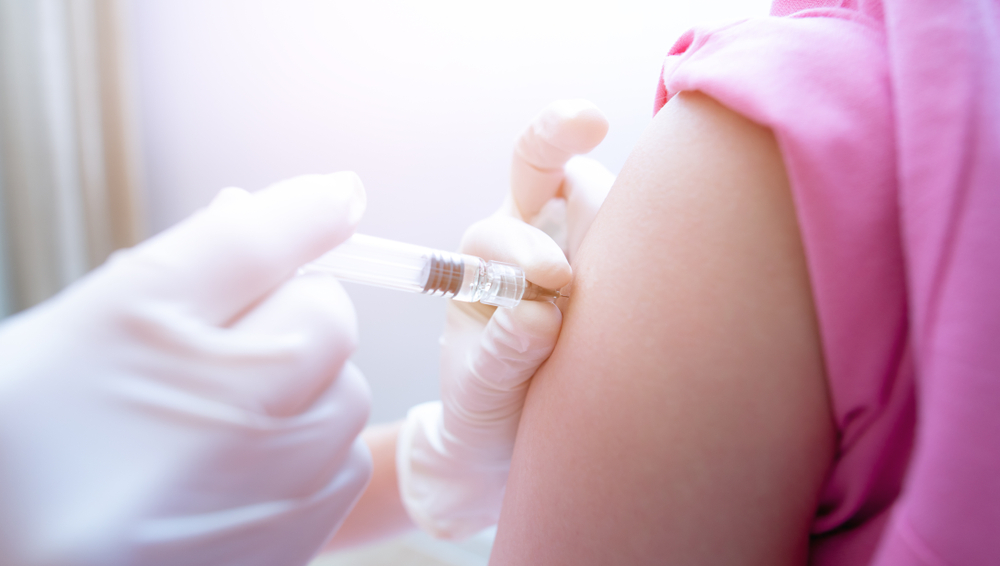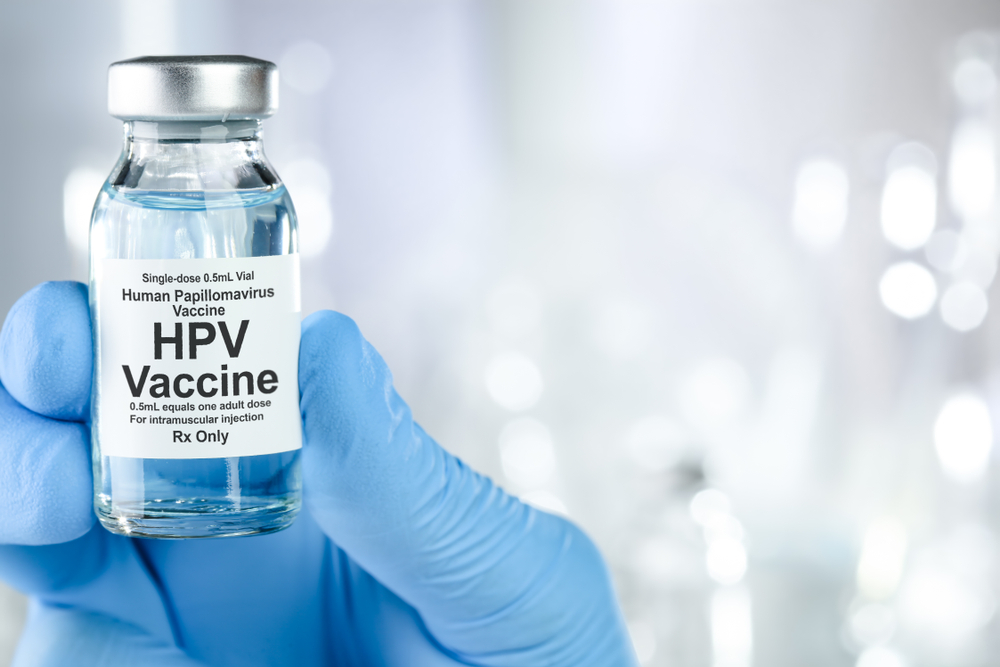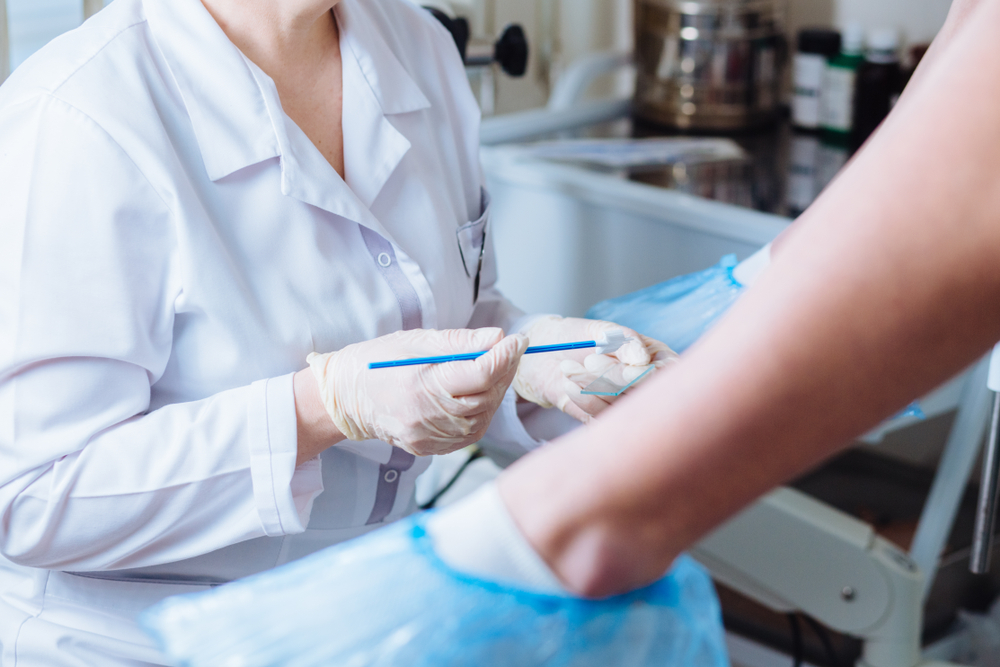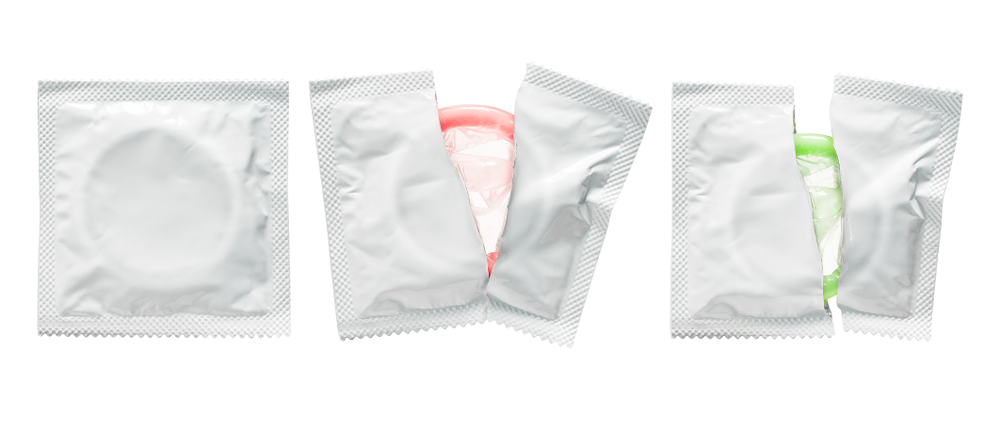
Getting the HPV vaccine early and having regular screening tests are the most important steps you can take to lower your risk for cervical cancer.

The HPV vaccine provides protection against the types of HPV that most often cause cervical, vaginal, and vulvar cancers.
It is recommended for:
HPV vaccination is not recommended for women older than age 26 years. However, if you are in this age range and unvaccinated, you may consult your doctor about your risk for new HPV infections and the possible benefits of vaccination.

 OTHER WAYS TO LOWER YOUR RISK
OTHER WAYS TO LOWER YOUR RISKConsult your doctor for more information on HPV vaccination and screening. Get the HPV vaccine at the participating Watsons branch near you.
Reference: https://www.cdc.gov/cancer/cervical/basic_info/prevention.htm. Accessed 17 March 2022
Overweight and obesity are defined as abnormal or excessive fat accumulation that presents a risk to health. A body mass […]
Around 27 million Filipino adults are overweight or obese, according to the latest National Nutrition Survey conducted by the Food […]
Advances in scientific and technological knowledge have provided unprecedented advantages in terms of immeasurable convenience in our daily living, lightning-fast […]